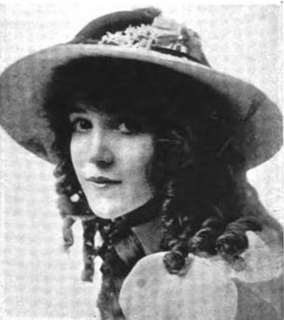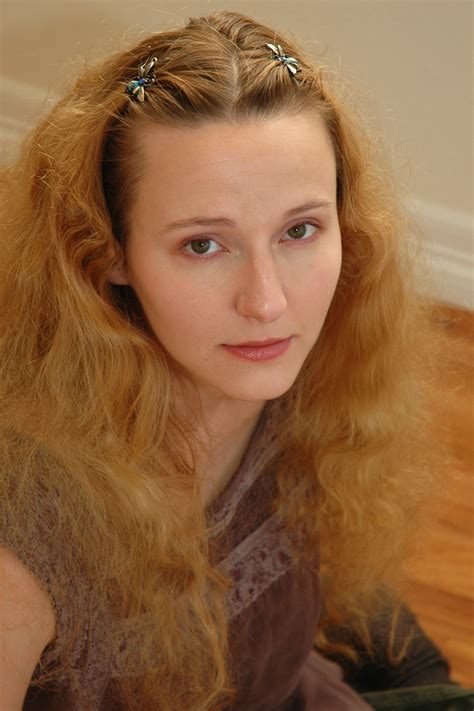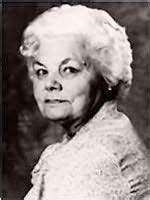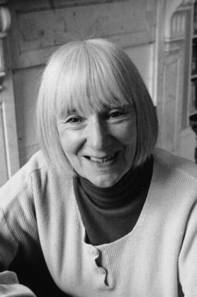A Quote by James S.A. Corey
Science had given mankind many gifts, and she valued it. But the one important thing it had taken away was the value of subjective, personal experience. That had been replaced with the idea that only measurable and testable concepts had value. But humans didn't work that way.
Related Quotes
If cathedrals had been universities If dungeons of the Inquisition had been laboratories If Christians had believed in character instead of creed If they had taken from the bible only that which is GOOD and thrown away the wicked and absurd If temple domes had been observatories If priests had been philosophers If missionaries had taught useful arts instead of bible lore If astrology had been astronomy If the black arts had been chemistry If superstition had been science If religion had been humanity The world then would be a heaven filled with love, and liberty and joy
People don't understand this: Ideas are important, but they're not essential. What's essential and important is the execution of the idea. Everyone has had the experience of seeing a movie and saying, "Hey! That was my idea!" Well, it doesn't mean anything that you had that idea. There's no such thing as an original concept. What's original is the way you re-use ancient concepts.
And they did have fun, though it was of different kind now. All that yearning and passion had been replaced by a steady pulse of pleasure and satisfaction and occasional irritation, and this seemed to be a happy exchange; if there had been moments in her life when she had been more elated, there had never been a time when things had been more constant.
She had been the quiet, rather plain girl, with a surprisingly sharp tongue if she was put out, lovely eyes and pretty hair and a way of looking very directly at one. Now he had to admit that she had become more important to him than anyone else in the world. The idea of a future without her wasn't to be borne. She had by some mysterious metamorphosis become more beautiful than anyone else he had ever encountered.
At that moment a very good thing was happening to her. Four good things had happened to her, in fact, since she came to Misselthwaite Manor. She had felt as if she had understood a robin and that he had understood her; she had run in the wind until her blood had grown warm; she had been healthily hungry for the first time in her life; and she had found out what it was to be sorry for someone.
Pauline kept a scrapbook into which she pasted important articles that she had cut out of the newspapers. These were about the courageous deeds that had been done by people even if they only had one leg or couldn't see or had been dropped on their heads when they were babies. 'It's to make me brave,' she'd explained to Annika.
Oh, she doesn't belong to anybody now,' he said, and suddenly I saw her for what she was - a piece of refuse waiting to be cleared away: if you needed a bit of hair you could take it, or trim her nails if nail trimmings had value to you. Like a saint's her bones could be divided up - if anybody required them. She was going to be burnt soon, so why shouldn't everybody have what he wanted first? What a fool I had been during three years to imagine that in any way I had possessed her. We are all possessed by nobody, not even by ourselves.
Over the years, there certainly have been plenty of ideas that I've had and given up on, but for this one, the only thing that was standing in its way was me doing it - I just had to write it... And then if it didn't happen, it didn't happen. But I didn't want it to be for lack of effort on my part, so I had hunch that it would be a good story and that we would work well together. And it certainly worked out that way.



































